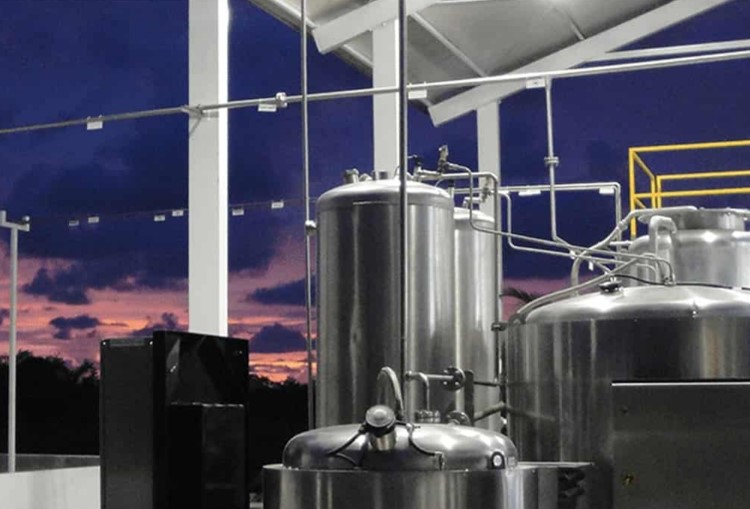One key issue that has to be acknowledged and addressed is our apparently non-essential use of JetA1 fossil fuels in a world that is more and more focussed on non-fossil fuels. Innovative projects often produce unexpected benefits but simply saying we don’t know what those benefits might be leaves us open to criticism. Checking as much research as we could find, it showed that it’s not just the end use of fossil fuels (cars, ships, aircraft, domestic heating boilers etc) that is the only issue. It’s the upstream emissions from exploration, extraction, shipment to refineries, the refining process and then distribution that adds massively to total emissions.
All major motor sports are distancing themselves from use of fossil fuels. Some are using so called sustainable fuels produced by recycling fossil fuels already in the system. Others are using manufactured synthetic fuels while even in the area of aviation one company has produced a synthetic fuel from base chemical components. The issue is that all are expensive and inefficient in terms of volumes that can be produced. Others use ethanol which needs large quantities of wood, corn or other organic materials as the basis for production.
We could argue that since our fuel use will be extremely low, there is little point looking for an alternative to JetA1. We know that one run at full power will use about the same amount of fuel as a single transatlantic jet just taxying out prior to take off. If we assume roughly the same number of runs as Thrust SSC (40-50) that’s about one day’s worth of taxying fuel at one international airport.
We could use an existing sustainable aviation fuel (SAF) since that uses recycled fuel already in the system. But we want to go further so we are working with Green Fuels as they develop an alternative fuel to JetA1 using animal and human waste as the raw material. This is an interesting and potentially major step forward because it actually helps to clean up the environment rather than simply avoiding any more damage to it. Water companies are always in the news and being subjected to huge fines for discharging waste into rivers and seas when unable to process it quickly enough. So turning poo into fuel not only helps the environment, it could also reduce operating costs for water companies and their customers by avoiding those fines.
Green Fuels have produced a product known as Firefly that has financial backing from airline Wizz to build a processing and distribution plant. Samples sent to German testing authorities show no difference in capability to JetA1. We have agreed to work with Green Fuels/Firefly to use their waste based fuel for another round of engine testing and – if all goes well – operational use in ThrustWSH. Since keys goals of the project are innovation and education, we want to demonstrate in all areas of the project the benefits of using technology to solve wider problems and to get students inspired to carry this on in future careers.
The big unknown for us is – will Firefly work for a Spey 205 with afterburner? – or reheat as our transatlantic cousins call it. The Spey 205 is an ex military jet designed to use JetA1 fuel so we have had to test it first to prove all is well. Since Firefly is in all respects the same as JetA1, fuel tanks, hoses, connectors, seals etc shouldn’t be affected. But the key question is – will it light the afterburner?
In simple terms this injects raw fuel into the jet exhaust and ignites it. Some engines use a “hot shot” igniter while other such as the Spey use a catalyst. Until we test it in late 2024, we won’t know if the Spey catalyst will work with the Firefly waste based fuel.
Read more about Green Fuels on their website: https://greenfuels.co.uk/

